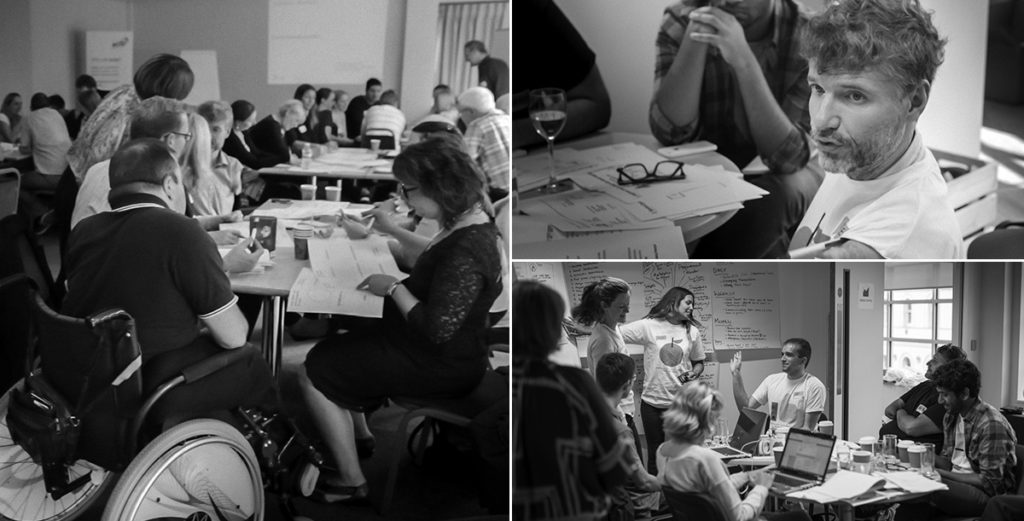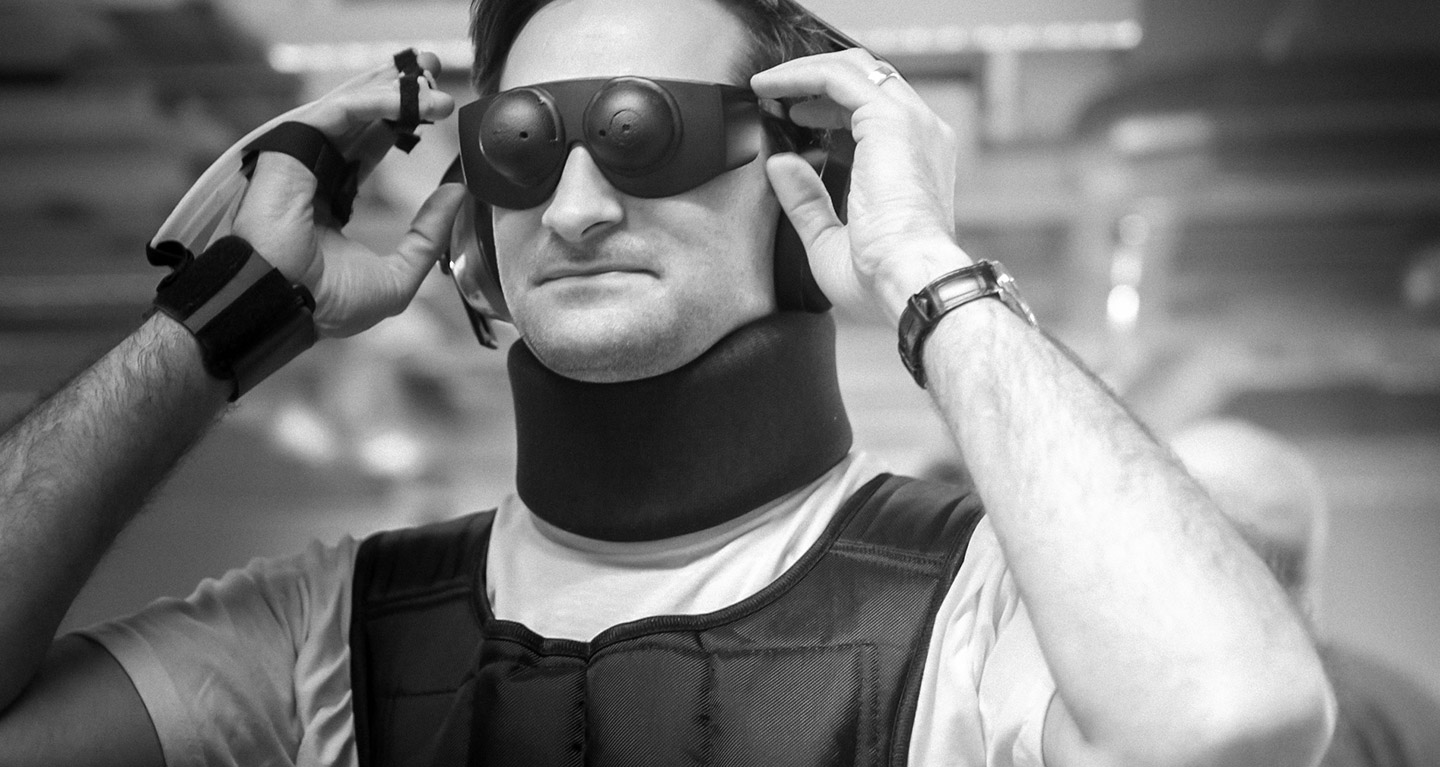Problem
Every year, disabled people are assessed by their health care provider and given individual health allowances that they manage themselves. Allowances can be used to pay for, for example, physiotherapy, cooking and cleaning services or transportation.
However, many disabled people find the interaction and interface design, the system and the need to move from one application to another frustratingly difficult. This project explored how to make it much easier for disabled people and / or their designated health allowance managers to schedule services and manage service providers, easily see and manage allowance balances, move money and so on.
It also sought to shed light on how a mix of technologies, including Alexa and other conversational user interfaces, beacons and Barclays’ own proprietary APIs could be combined to do this.
Main Outputs
- End user research and insight creation workshops
- ‘Invite only’ hackathon staged in London and Copenhagen
- Multiple ideas for B2C and B2B solutions
- Personas
- Empathy maps
- User journeys identifying pain points
- Use cases
- Early stage prototypes and demos
- Wireframes and visual assets
- Business cases
- Presentation decks

Outcomes
- Opportunity identification – clear / deep understanding of how / where to address pain points and upsides of doing so
- Exemplar ‘proof points’ – solution demos and business cases for both B2C and B2B solutions showing how and why solutions create value (i.e. co-designed with end users to ensure adoptability)
- Exemplar model for a new, value-creating model for innovation (i.e. this approach costs c.a. 75% less than traditional methods and leverages team talent / know-how in a more effective way)
- Accelerated learning for participants
- Expanded network of highly capable, skilled practitioners across a diverse mix of disciplines
- Follow on investment in ideas from Accenture Interactive, ECDP and Amazon (Alexa team)
- A new start-up business named Opearlo specializing in Alexa based services





